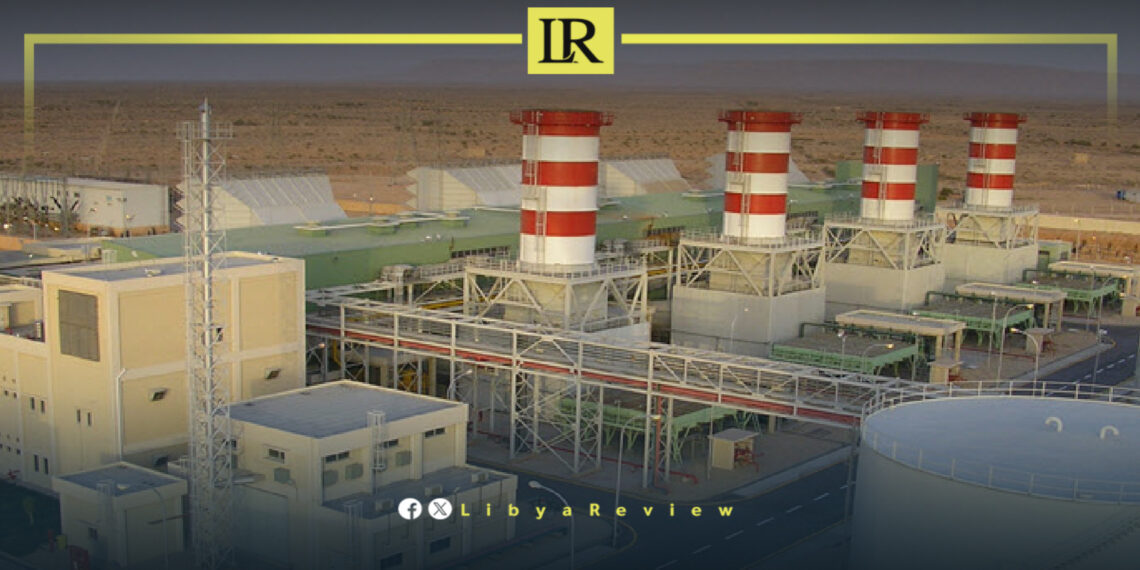Libya has recorded the sharpest decline in electricity production among its North African neighbors over the past 14 years, despite successive governments investing millions of dollars in power sector projects. This continued deterioration highlights the severe challenges facing Libya’s infrastructure amid ongoing political instability.
According to data from Global Sovereign Advisory, while Algeria, Egypt, Morocco, and Tunisia have succeeded in achieving nearly universal electricity access for their populations over the last two decades, Libya has witnessed a significant collapse in its power output. Electricity production in Libya fell from 32.5 gigawatt-hours before 2011 to just 26 gigawatt-hours in the following years, as reported by Jeune Afrique.
In contrast, Africa as a whole has made steady progress. According to the World Bank, the electricity access rate across the continent grew from 35 percent in 2010 to 48 percent by 2022, extending energy access to over 600 million people.
However, this expansion has struggled to keep pace with Africa’s rapid population growth, which has now reached 1.2 billion people.
Looking forward, experts predict that electricity demand in Africa will rise by 75 percent by 2030, driven by urbanization and demographic expansion. Meeting this growing demand will require urgent investment and reforms across the continent’s energy sectors.
Some countries, such as Rwanda and Kenya, are on track to achieve over 90 percent electricity access by 2030. However, others like Chad, Niger, and Burkina Faso still face major challenges with extremely low access rates.
The International Energy Agency (IEA) stresses that to achieve universal access, 90 million people need to be connected to electricity every year, requiring an estimated $25 billion annually in energy investments. Special emphasis is being placed on off-grid solutions like mini-grids and solar energy, particularly for rural areas.
Libya’s failure to keep pace with regional energy progress highlights not only technical and infrastructure issues but also the broader impact of political fragmentation and weak governance since 2011. Without urgent reforms, investment, and stabilization efforts, Libya risks falling even further behind in providing essential services to its population.


